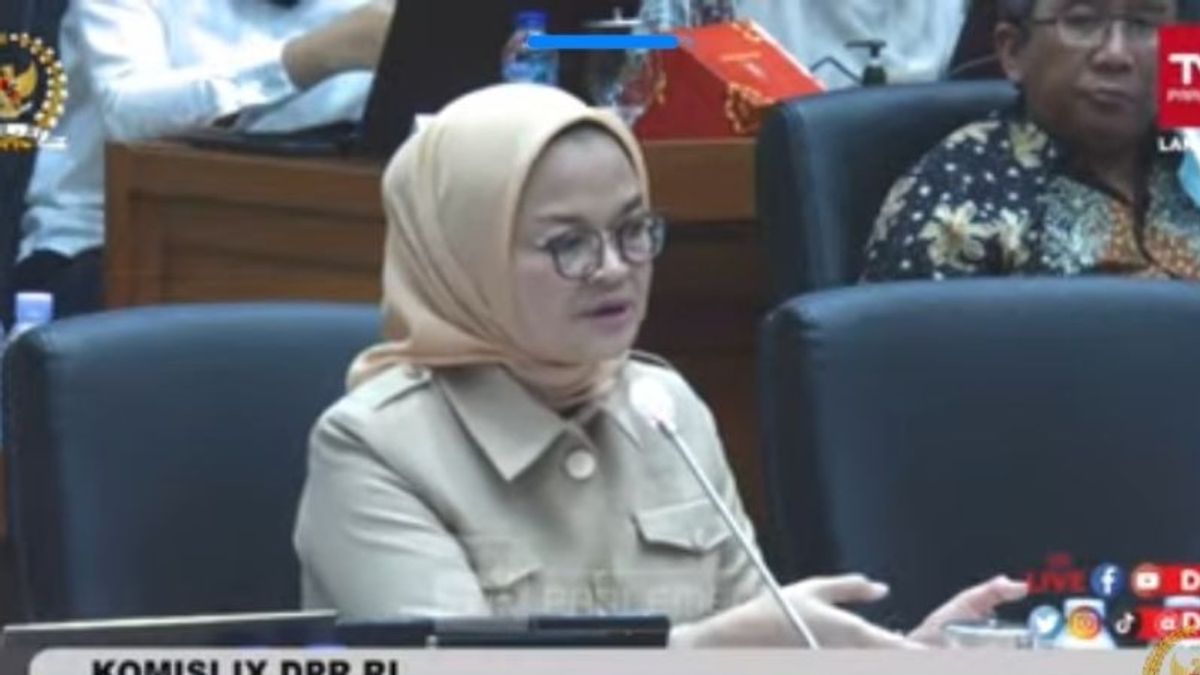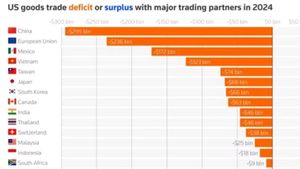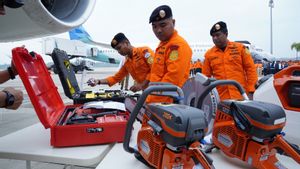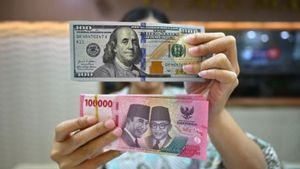JAKARTA - Head of the Food and Drug Supervisory Agency (BPOM) Penny K Lukito revealed that there is a gap in the distribution of chemical compound products that destroy the kidneys into the pharmaceutical market in Indonesia.
"The gap that we have found is that the raw materials used by the pharmaceutical industry to enter Indonesia are not through the supervision of BPOM," said Penny K Lukito at the DPR Commission IX Working Meeting which was attended in a network in Jakarta, Antara, Wednesday, October 2.
The raw material in question is called Propilen Glikol (PG) and Poliethylene Glikol (PEG) as solvent compounds commonly used in the food, cosmetic, textile and pharmaceutical industries.
Especially for PG and PEG products for pharmaceutical needs, said Penny, it is mandatory to meet quality standard standards to obtain a pharmaceutical grade status. One of the indicators is the maximum safe threshold requirement of 0.1 mg/ml.
Another provision is the necessity of drug raw material producers to have a certificate of how to make good drugs (CPOB) from BPOM RI.
According to Penny, the raw material for pharmaceutical grade drugs has a higher price than industrial grade, because it must go through a high-level preification mechanism under the supervision of BPOM RI.
"PG and PEG enter Indonesia through the Ministry of Trade through non-banning mechanisms and restrictions. So, it does not go through the BPOM Import Certificate (SKI)," he said.
This then caused BPOM to not be able to monitor the quality and safety of these raw materials when entering Indonesia.
"This gap is used by criminals. Our investigation together with the police reached the importer and distributor of solvents, there are indications of intent in changing the source of raw materials that were not reported to BPOM," he said.
Penny has reported the situation to President Joko Widodo and related agencies so that the distribution permit for PG and PEG solvent compounds through SKI BPOM.
"The reason the Ministry of Trade uses this solvent material, other industries such as paint, textiles and others. It should be specifically for pharmaceutical graded to enter SKI BPOM. But so far there is no regulation," he said.
As is known, the content of PG and PEG that exceeds the safe threshold can trigger kidney-depleting compounds named Etylene Glikol (EG) and Dietilen Glikol (DEG).
EG and DEG can turn into small crystals that damage the kidneys when processed by human metabolism. This situation was later associated with cases of acute kidney disorders in Indonesia.
On the same agenda, the Indonesian Minister of Health Budi Gunadi Sadikin reported that as of Tuesday (1/11), the number of cases of acute kidney disorders nationally reached a total of 325 cases. A total of 178 of them were reported to have died. The highest number of cases is in DKI Jakarta, West Java, East Java, Banten, Aceh, West Sumatra and Bali.
The English, Chinese, Japanese, Arabic, and French versions are automatically generated by the AI. So there may still be inaccuracies in translating, please always see Indonesian as our main language. (system supported by DigitalSiber.id)
Most Popular Tags
#Prabowo Subianto #donald trump #Eid Al-Fitr #reverse flow #ray sahetapy diedPopular
03 April 2025, 05:06










